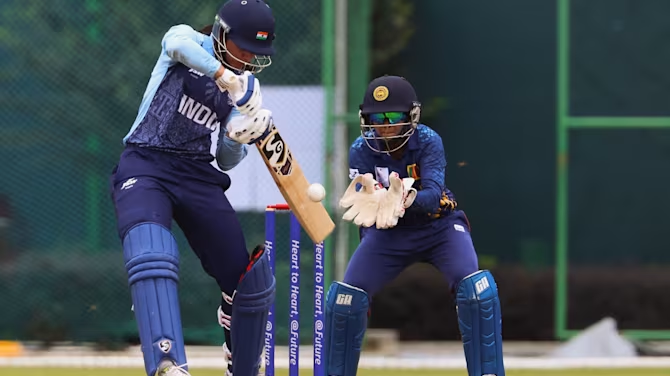Cricket, often regarded as a quintessentially British sport, has a long and storied history. However, its relationship with the Olympic Games is surprisingly brief and largely forgotten. Despite its widespread popularity and rich tradition, cricket’s inclusion in the Olympics has been limited to a single occurrence over a century ago. This article delves into the history of cricket at the Olympics, exploring the factors behind its fleeting presence and the ongoing discussions about its potential return.
The 1900 Paris Olympics: Cricket’s Sole Appearance
Cricket made its only Olympic appearance at the 1900 Paris Games. The event was part of the World’s Fair, and the Olympic Games themselves were somewhat disorganized and loosely structured. Only two teams participated in the cricket tournament: a team representing Great Britain and a team composed of mostly British expatriates from France.
The match was held over two days, with Great Britain emerging victorious by 158 runs. The players, primarily club cricketers from England and France, were awarded silver medals, as gold medals were not given out at the time. Despite this historic event, the cricket tournament garnered little attention and was not repeated in subsequent Olympics.
Reasons for Cricket’s Limited Olympic Presence
Several factors contributed to cricket’s brief and solitary appearance in the Olympics:
- Duration of Matches: Traditional cricket matches, especially Test matches, can last up to five days. This lengthy format poses logistical challenges for the tight schedule of the Olympic Games.
- Global Popularity: While cricket enjoys immense popularity in countries like India, Australia, England, and the West Indies, it has a more limited following outside the Commonwealth nations. The International Olympic Committee (IOC) typically favors sports with broader global appeal.
- Established Competitions: Cricket already has well-established international competitions, such as the Cricket World Cup and the ICC T20 World Cup, which attract significant attention and participation. These events reduce the perceived need for cricket in the Olympics.
Modern Developments and Discussions
In recent years, there has been renewed interest in including cricket in the Olympic Games, particularly with the advent of shorter formats like Twenty20 (T20) cricket. The T20 format, which consists of matches lasting around three hours, aligns better with the Olympic schedule and modern viewers’ preferences for shorter, more dynamic sporting events.
Several key developments have fueled discussions about cricket’s potential return to the Olympics:
- Increased Global Reach: The global reach of T20 cricket has expanded, with more countries participating in the format. The success of leagues like the Indian Premier League (IPL) has showcased cricket’s entertainment value and commercial potential.
- ICC’s Efforts: The International Cricket Council (ICC) has expressed interest in promoting cricket as an Olympic sport. The ICC has been working to grow the game in non-traditional cricketing nations and has sought to align its efforts with the Olympic movement.
- Host City Interest: Host cities for future Olympic Games, such as Los Angeles (2028) and Brisbane (2032), have shown interest in including cricket, recognizing its potential to attract a diverse audience and boost viewership.
Conclusion
Cricket’s history in the Olympics may be brief, but the sport’s evolving dynamics and the global growth of T20 cricket have sparked renewed discussions about its potential return. While logistical and structural challenges remain, the possibility of cricket rejoining the Olympic program represents an exciting prospect for the sport’s enthusiasts and the broader Olympic community. As cricket continues to expand its global footprint, the dream of Olympic cricket could once again become a reality, bringing the sport full circle from its solitary appearance in 1900 to a celebrated fixture on the world stage.





